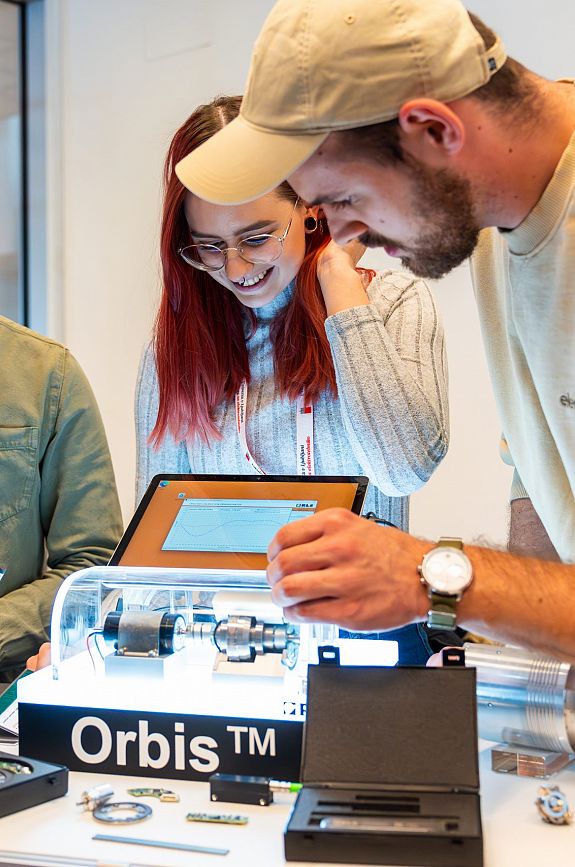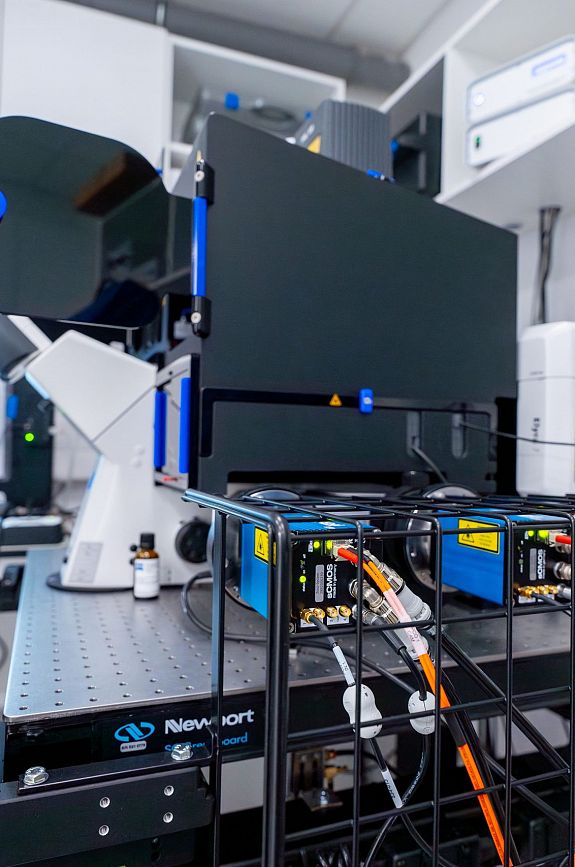[ICTinfo] Education PC market declines last year and this year, growth to resume from 2024
Date of publication: 14.2.2023In 2022, we are witnessing a major contraction of the PC market for primary and secondary education, according to Futuresource Consulting. The analyst firm provisionally estimates that 37 million PC devices were sold in this sector last year, a significant decrease compared to 2021. The learning environment has been transformed during the pandemic and devices purchased to continue education in times of closure are in the meantime integrated into the personal learning environment. Instead of simple video-conferencing functions, computers have taken on a harder-to-define role as a fundamental tool for learning and teaching - from the design and implementation of computer-based curricula, to the widespread use of student information systems and learning management systems, Futuresource explains. This has also required upgrading schools' wireless infrastructures, necessary to accommodate the increased bandwidth. As a result, in many countries, the focus of purchases has shifted to system equipment, and device purchases have slowed. Among PC devices purchased last year, Chromebooks account for 39% and laptops 36%, both slightly lower than in 2021, while the share of tablets rose from 19% in 2021 to 23% in 2022. Futuresource forecasts a further decline in the PC market in 2023, to 35 million, and a return to growth from 2024 onwards, driven by major projects in individual countries and intensified refresh cycles of equipment from the pandemic era.
The economy, manufacturing, education and other sectors have been subject to increased pressures and changes in recent years as a result of the pandemic and the measures taken to contain it, as well as the Russia-Ukraine war, as confirmed by various surveys and analyses. The Information and Communication Technologies (ICT) sector is also exposed to similar changes, but at the same time it is able to monitor, assess and control changes not only in its own sector but also in all other sectors, which has been a valuable help to all of them in recent years.
ICT helps companies and institutions in all industries to organise their work, adapt their operations, streamline their operations, process data, evaluate results, predict trends and discover new opportunities. And they enable schools and universities to implement hybrid forms of teaching and meaningful digitisation of learning processes.
All of this is why we have decided to regularly publish summaries of information, evaluations, analyses and studies from research and analysis companies that can help everyone to better monitor, learn about and understand changes and trends, and to adapt more successfully to the new era of ICT.
Prepared by the Chair of Information and Communication Technologies in cooperation with Esad Jakupović




